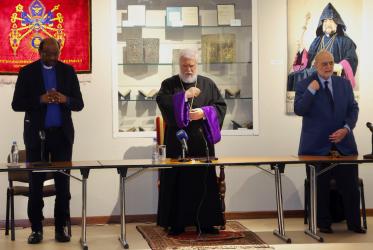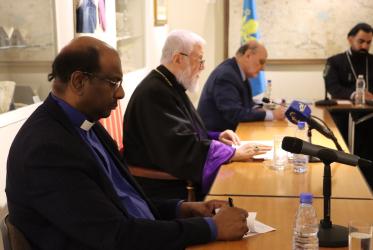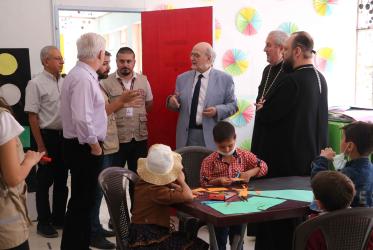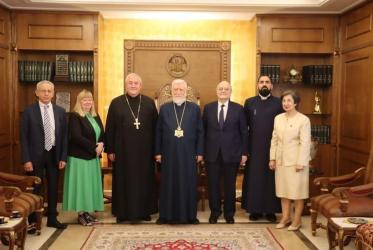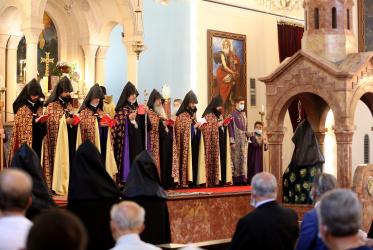Displaying 1 - 20 of 60
WCC general secretary will visit Lebanon
19 March 2024
In Lebanon, “without peace there is no justice”
21 July 2021
En images: Semaine de prière pour l’unité chrétienne
02 February 2021
In pictures: Week of Prayer for Christian Unity
01 February 2021
COVID-19 in conflict zones: “a crisis within another crisis”
27 November 2020
